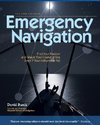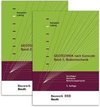
-
 Anglický jazyk
Anglický jazyk
Christian astrologers
Autor: Source: Wikipedia
Source: Wikipedia. Pages: 38. Chapters: Johannes Kepler, Tycho Brahe, Regiomontanus, William Lilly, Galileo Galilei, Johann Georg Faust, Christianity and astrology, Christopher Heydon, Luca Gaurico, Louis de Wohl, Jean-Baptiste Morin, Johannes Virdung, William... Viac o knihe
Na objednávku, dodanie 2-4 týždne
14.58 €
bežná cena: 16.20 €
O knihe
Source: Wikipedia. Pages: 38. Chapters: Johannes Kepler, Tycho Brahe, Regiomontanus, William Lilly, Galileo Galilei, Johann Georg Faust, Christianity and astrology, Christopher Heydon, Luca Gaurico, Louis de Wohl, Jean-Baptiste Morin, Johannes Virdung, William Parron. Excerpt: Galileo Galilei (Italian pronunciation: ; 15 February 1564 ¿ 8 January 1642), commonly known as Galileo, was an Italian physicist, mathematician, astronomer and philosopher who played a major role in the Scientific Revolution. His achievements include improvements to the telescope and consequent astronomical observations, and support for Copernicanism. Galileo has been called the "father of modern observational astronomy", the "father of modern physics", the "father of science", and "the Father of Modern Science". Stephen Hawking says, "Galileo, perhaps more than any other single person, was responsible for the birth of modern science." The motion of uniformly accelerated objects, taught in nearly all high school and introductory college physics courses, was studied by Galileo as the subject of kinematics. His contributions to observational astronomy include the telescopic confirmation of the phases of Venus, the discovery of the four largest satellites of Jupiter (named the Galilean moons in his honour), and the observation and analysis of sunspots. Galileo also worked in applied science and technology, inventing an improved military compass and other instruments. Galileo's championing of Copernicanism was controversial within his lifetime, when a large majority of philosophers and astronomers still subscribed to the geocentric view that the Earth is at the centre of the universe. After 1610, when he began publicly supporting the heliocentric view, which placed the Sun at the centre of the universe, he met with bitter opposition from some philosophers and clerics, and two of the latter eventually denounced him to the Roman Inquisition early in 1615. In February 1616, although he had been cleared of any offence, the Catholic Church nevertheless condemned heliocentrism as "false and contrary to Scripture", and Galileo was warned to abandon his support for it¿which he promised to do. When he later defended his views in his most famous work, Dialogue Concerning the Two
- Vydavateľstvo: Books LLC, Reference Series
- Rok vydania: 2017
- Formát: Paperback
- Rozmer: 246 x 189 mm
- Jazyk: Anglický jazyk
- ISBN: 9781155700137

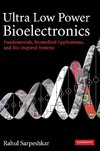


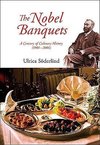

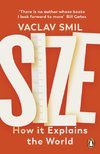
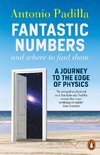
 Nemecký jazyk
Nemecký jazyk 